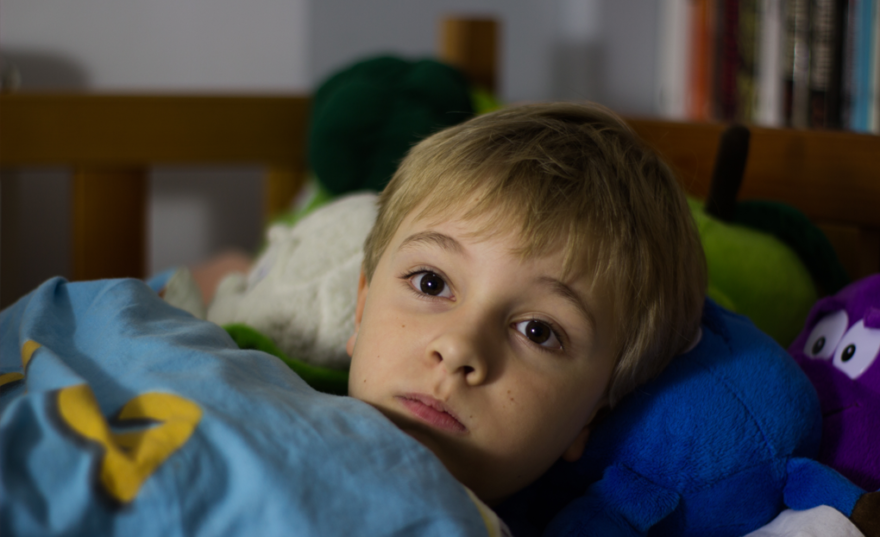Adolescents with attention-deficit/hyperactivity disorder (ADHD) often experience sleep problems1 and emotional disturbances,2 but the causal link between these symptoms has not been tested. Now, Stephen Becker and colleagues at Cincinnati Children’s Hospital Medical Center show for the first time that in fact short sleep duration is a causal contributor to affect and mood disturbances in teenagers with ADHD.
The researchers studied 48 adolescents aged 14-17 years with ADHD who had completed a 3-week sleep protocol. During this protocol, the adolescents had a phase stabilization week followed, in a randomized counterbalanced order, by a week of sleep restriction (6.5 hr in bed) and a week of sleep extension (9.5 hr in bed). The participants were monitored during their sleep by objective actigraphy, which confirmed that all participants extended their sleep by at least 1 hr during the extension period compared to restriction. The participants and their parents gave weekly ratings of the participants’ anxiety and depressive symptoms and emotion regulation, and daily ratings of the participants’ positive and negative affect during the sleep extension and restriction conditions. Becker et al. found that both parents and adolescents reported greater depressive symptoms and lower positive affect during sleep restriction compared to extension; parents also reported greater negative affect and emotion dysregulation during this period.
These study findings indicate that shortened sleep might cause poorer emotional functioning in adolescents with ADHD. “It is clear that youth with ADHD have poorer emotion regulation and more internalizing problems than their peers without ADHD, and our findings suggest that inadequate sleep might be an important contributor”, explains Becker. “As researchers and clinicians work to better understand – and treat – emotional difficulties in youth with ADHD, it will be important to simultaneously consider sleep functioning”.
Referring to:
Becker, S.P., Tamm, L., Epstein, J.N. & Beebe, D.W. (2020), Impact of sleep restriction on affective functioning in adolescents with attention-deficit/hyperactivity disorder. J. Child Psychol. Psychiatr. doi: 10.111/jcpp.13235.
References:
1Becker, S.P. (2019). The triple threat of sleep, adolescence, and ADHD. In H. Hiscock & E. Sciberras (Eds.), Sleep and ADHD: An evidence-based guide to assessment and treatment (pp. 257–294). San Diego, CA: Elsevier/Academic Press.
2Becker, S.P., & Fogleman, N.D. (2020). Psychiatric co-occurrence (comorbidity) in adolescents with ADHD. In S.P. Becker (Ed.), ADHD in adolescents: Development, assessment, and treatment (pp. 170–203). New York: Guilford.
Glossary:
Actigraphy: the continuous measurement of movement to identify periods of sleep, using a non-invasive, wearable device known as an actigraph.
